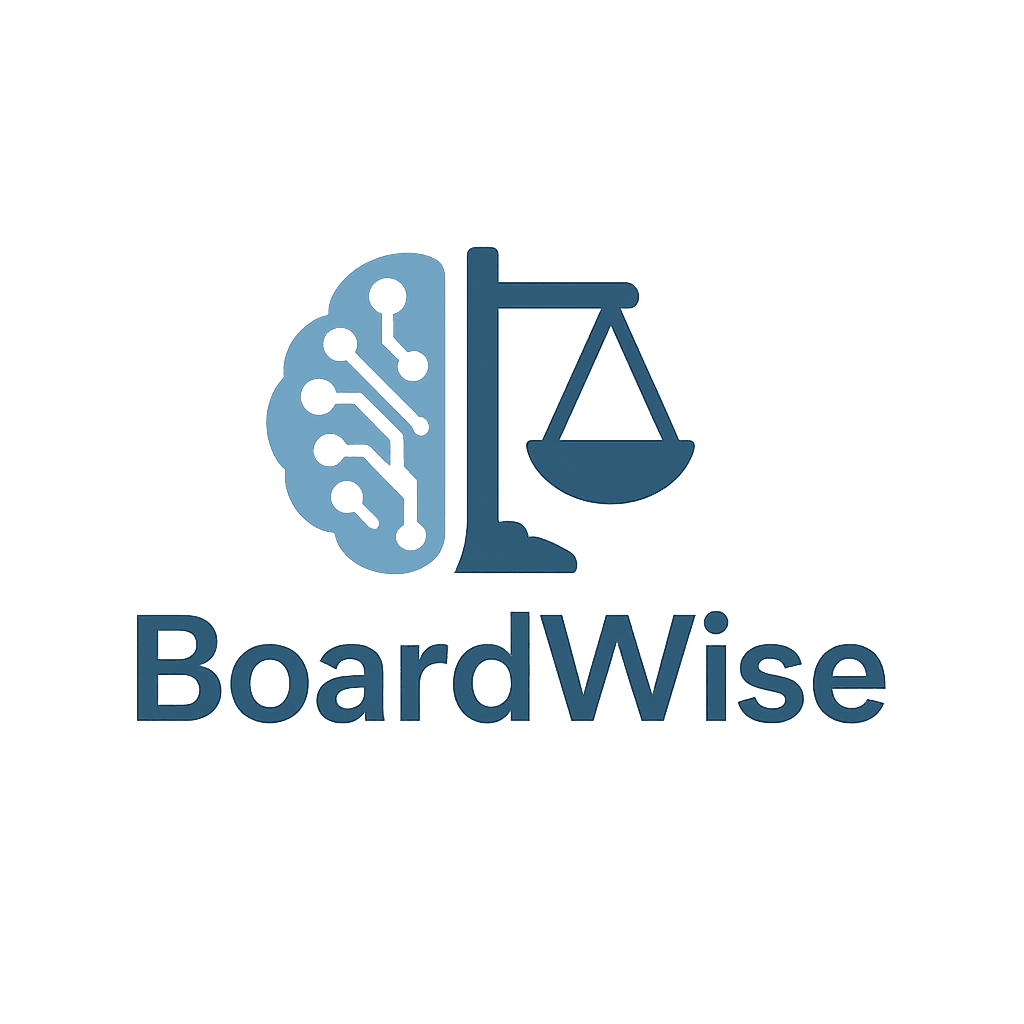Protecting the Nursing License: Lessons from the 2025 CNA/NSO Claim Report
Matt
Founder of BoardWise

For nurses, a license is far more than a credential; it represents years of dedication, education, and service. Yet, according to the 2025 CNA/NSO Nurse Professional Liability Claim Report, license protection matters remain a persistent source of professional and financial stress for nurses nationwide (Nurses Service Organization [NSO] & CNA, 2025). While the overall number of claims has declined since 2020, the average defense cost has increased, underscoring that even a single complaint can carry heavy consequences.
The Landscape of License Protection
Between 2019 and 2024, 1,125 license protection matters were closed against registered nurses (RNs) and licensed practical/vocational nurses (LPN/LVNs), with an average defense expense of $6,304—an increase from previous reporting periods (NSO & CNA, 2025). Although the number of cases decreased slightly, the financial and emotional toll intensified. Most complaints arose from allegations of professional conduct, scope of practice issues, and treatment or care concerns, which collectively accounted for nearly 62 percent of all closed matters (NSO & CNA, 2025).
The report highlights that while 53 percent of disciplinary actions resulted in "no action," the remainder included reprimands, probation, suspensions, or even revocations. For example, 16.3 percent of nurses received formal letters of reprimand, while 1.9 percent experienced revocation of their license. Such outcomes can follow a nurse for years through reporting systems such as NURSYS and the National Practitioner Data Bank, which share disciplinary information across jurisdictions (NSO & CNA, 2025).
Understanding the Disciplinary Process
Complaints to State Boards of Nursing (SBONs) can originate from patients, colleagues, employers, or even anonymous sources. Once filed, these complaints trigger a mandatory investigative process. Investigators may review documentation, interview witnesses, or conduct drug testing if impairment is alleged. Importantly, nurses are advised to never ignore communications from the SBON and to seek legal counsel before submitting statements or appearing for interviews (NSO & CNA, 2025). The state will not provide an attorney, making early engagement with a defense lawyer crucial.
The disciplinary process unfolds through several stages: complaint review, investigation, possible informal conference, and, if necessary, a formal hearing before an administrative law judge. These proceedings can stretch over months or even years. Even when resolved favorably, the cumulative stress and costs can be profound.
Distinguishing License Protection from Professional Liability
Many nurses assume that malpractice insurance automatically covers disciplinary matters, but the report clarifies this misconception. Professional liability insurance covers civil lawsuits alleging negligence in patient care, while license protection coverage reimburses for defense costs related to board complaints (NSO & CNA, 2025). The difference is critical: civil courts cannot revoke a nursing license, but a licensing board can. For this reason, comprehensive insurance that explicitly includes license defense coverage has become increasingly important.
Key Risk Management Recommendations
The CNA/NSO report offers detailed strategies for mitigating risk in everyday practice:
- Know Your Nurse Practice Act. Nurses must stay current with their state's scope-of-practice laws and comply with the most stringent applicable standards when organizational and regulatory policies differ.
- Document Diligently. Timely, objective, and complete documentation remains one of the strongest defenses in any investigation. Late or altered entries, especially after a complaint has been filed, can jeopardize credibility.
- Seek Guidance Early. Contacting one's insurer and attorney at the first sign of a complaint is essential. Communication with the board or investigators should only occur through or in coordination with legal counsel.
- Maintain Professional Records. Keeping copies of performance evaluations, letters of recommendation, and continuing education certificates can support one's professional reputation if character evidence is needed (NSO & CNA, 2025).
In addition, professional liability policies that include license protection coverage typically reimburse defense expenses up to an annual aggregate limit—often around $25,000—for legal representation, travel, and lost wages (NSO & CNA, 2025).
A Culture of Preparedness and Support
Beyond individual actions, the broader nursing community must also address the systemic stress associated with board complaints. As nursing shortages persist and workloads intensify, the risk of documentation errors, communication breakdowns, or practice deviations may grow (American Nurses Association, 2024). Institutions and policymakers should therefore pair accountability with robust support systems that prioritize well-being and professional resilience.
The 2025 CNA/NSO report offers a sobering reminder: a nurse's livelihood can hinge on preparedness. Knowing the process, securing appropriate coverage, and practicing defensively are not acts of fear; they are expressions of professionalism. As the report concludes, "a nurse's license is one's livelihood, so protecting it is paramount" (NSO & CNA, 2025, p. 1).
Protect Your Nursing License with BoardWise
BoardWise helps nurses respond to licensing board complaints with confidence. Our AI-powered platform guides you through the response process with flat-rate pricing, secure session files, and zero data retention.
Get Started with BoardWiseReferences
American Nurses Association. (2024). The state of nursing in America: Workforce trends and well-being. Silver Spring, MD: Author.
Nurses Service Organization, & CNA. (2025). Nurse professional liability claim report: 5th edition – Protecting your license. Chicago, IL: CNA. Retrieved from https://www.nso.com/nurseclaimreport
